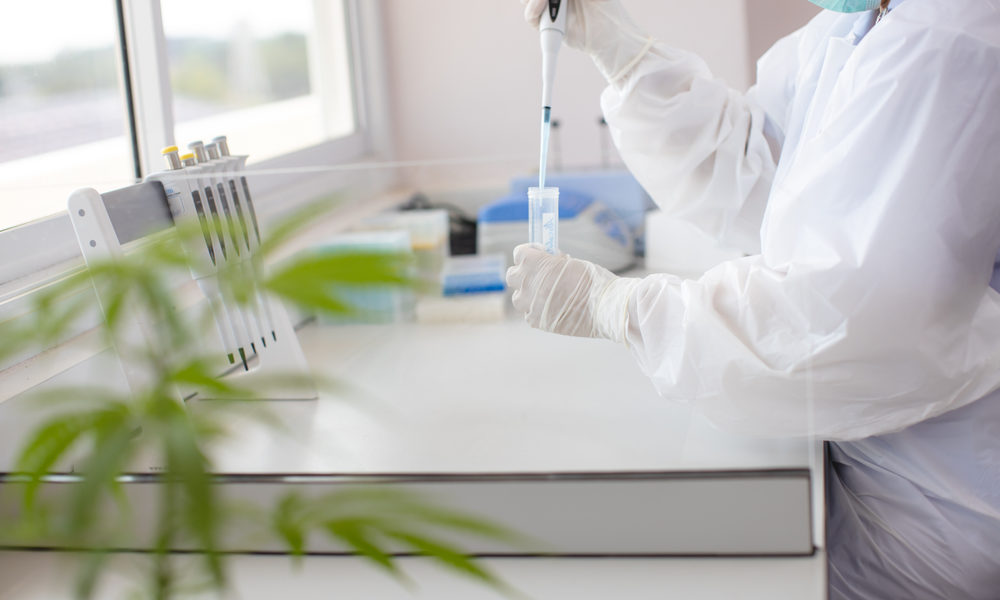There is an outcry in Vermont for a state-funded testing lab about contamination after a batch of cannabis was found to contain fungicide, but still made its way to shelves.
The chair of the Vermont Cannabis Control Board has recommended that the Legislature fund a testing lab to prevent issues like this from happening again. This was prompted by the recall last week of cannabis flower from Holland Cannabis. A man reported a headache, stomachache, and nausea from smoking the flower, which was sold at a dispensary called The High Country.
In addition to The High Country, the Holland, Vermont-based cannabis was also sold at Zenbarn Farms in Waterbury, Lamoille Country Cannabis in Morrisville, Capital Cannabis in Montpelier, and The Green Man in St. Johnsbury.
“Was this a problem at this one retailer, or was this everywhere this cannabis was sold?” James Pepper, chair of the Cannabis Control Board, asked regarding the overall issue. “I have a feeling it’ll be everywhere, but that’s another critical piece of the puzzle.”
“We pulled everything off the shelf,” adds Brian Fisher, owner of The High Country. “At this point, we’re giving out refunds to anyone who still has any Holland product.”
However, it isn’t as though the Vermont cannabis industry isn’t doing any testing.Fischer claims that the cannabis from Holland Cannabis came with a certificate of analysis alleging that myclobutanil, a prohibited pesticide, were only found in trade, allowed amounts.
“We had a full testing come back clean,” Fisher said. “So we went ahead and started selling the product.”
Apparently, the flower came back showing a reading of .001 parts per million of myclobutanil as per the certificate of analysis. “Which is basically clear,” Fisher said. “That means it’s great.”
However, state testing numbers did not agree. When it was double checked, it tested at 0.1 parts per million, which is 100 times higher than the original certificates claimed.
“We had no idea,” he said. “We thought it was tested. We figured it was registered. Everything was ready to go, just like every other transaction we’ve ever dealt with. So hearing about this obviously made us pretty furious.”
Preventing Contamination in the Future
The board is now also testing other samples from Holland Cannabis that went to the other stores to make sure there aren’t more issues of contamination out there.
“This really does highlight the need for us to have our own testing capacity in house,” Pepper said. “Just for the health of consumers, we need to have more testing capacity.”
As of now, the turnaround time for testing the Holland Cannabis flower is three business days from a lab called Bia Diagnostics. However, Pepper claims that if the state had its own testing lab, the turnaround time for testing the cannabis would be cut in half.
Right now, Vermont has three different licensed facilities, but not all of them are certified to test for pesticides, pathogens, and potency. Endyne in Williston does its pesticide testing in New Hampshire, and Steep Hill Vermont Labs in Colchester still needs to become certified in testing pesticides. So far, it looks like there could be some support for the idea of a state-mandated testing lab. State Sen. Dick Sears, D-Bennington, chair of the Senate Committee on Judiciary, supports the idea of funding one.
“State-run is probably the best way to do it,” Sears said, also claiming that the Senate Appropriations Committee is considering a proposal to fund a lab like this through the Budget Reconciliation Act.
Until funding for a new lab becomes a reality and there is more oversight in place, Fisher said he is asking all his suppliers of cannabis flower to test each strain for pesticides.

